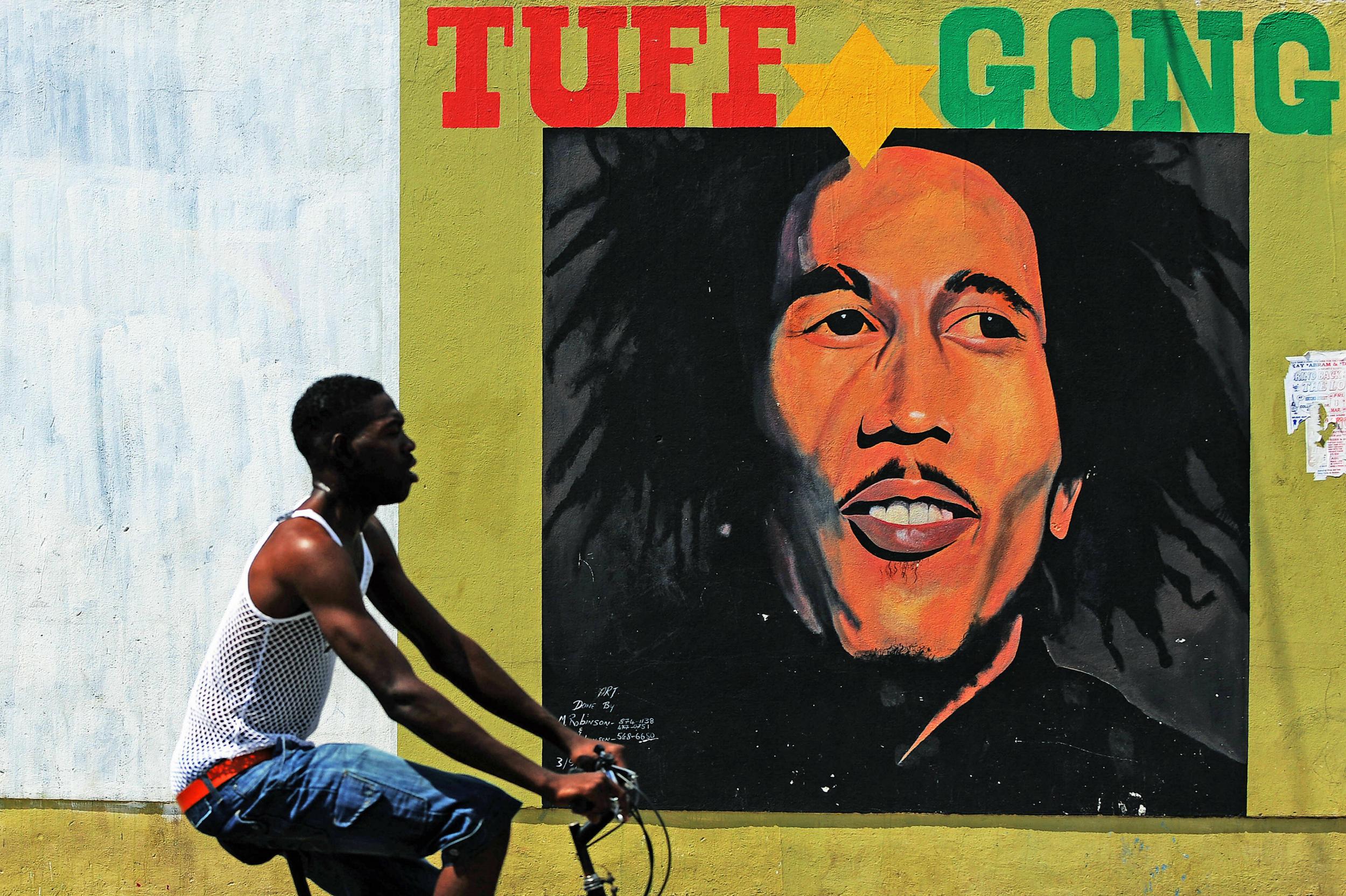Supreme Court tells retailers they need permission to use Bob Marley's image
Wal-Mart, Target and others claimed they could use his face on their clothes

Your support helps us to tell the story
From reproductive rights to climate change to Big Tech, The Independent is on the ground when the story is developing. Whether it's investigating the financials of Elon Musk's pro-Trump PAC or producing our latest documentary, 'The A Word', which shines a light on the American women fighting for reproductive rights, we know how important it is to parse out the facts from the messaging.
At such a critical moment in US history, we need reporters on the ground. Your donation allows us to keep sending journalists to speak to both sides of the story.
The Independent is trusted by Americans across the entire political spectrum. And unlike many other quality news outlets, we choose not to lock Americans out of our reporting and analysis with paywalls. We believe quality journalism should be available to everyone, paid for by those who can afford it.
Your support makes all the difference.America’s highest court has indicated to some of the countries biggest clothing companies that they do not have the right to use sell shirts bearing the the image of Bob Marley.
The Supreme Court rejected an appeal from companies that included Wal-Mart and Target, that they did not have to obtain permission from the reggae star’s children to sell the items.
The justices on Monday let stand a lower court ruling that said the merchandisers had used his likeness to sell clothing at Walmart, Target and other stores without permission, the Associated Press said.
Marley’s heirs control the rights to the musician’s image through a company called Fifty-Six Hope Road Music.
The company sued rivals A.V.E.L.A. and others in 2008, arguing that their sales of Marley merchandise violated federal trademark law. A federal court ordered the companies to pay more than $1m in profits and damages.
A federal appeals court agreed, citing evidence that consumers were confused about who endorsed the merchandise.
Reports have suggested that the estate of Marley, who died in 1981, is worth around $130m.
Join our commenting forum
Join thought-provoking conversations, follow other Independent readers and see their replies
Comments